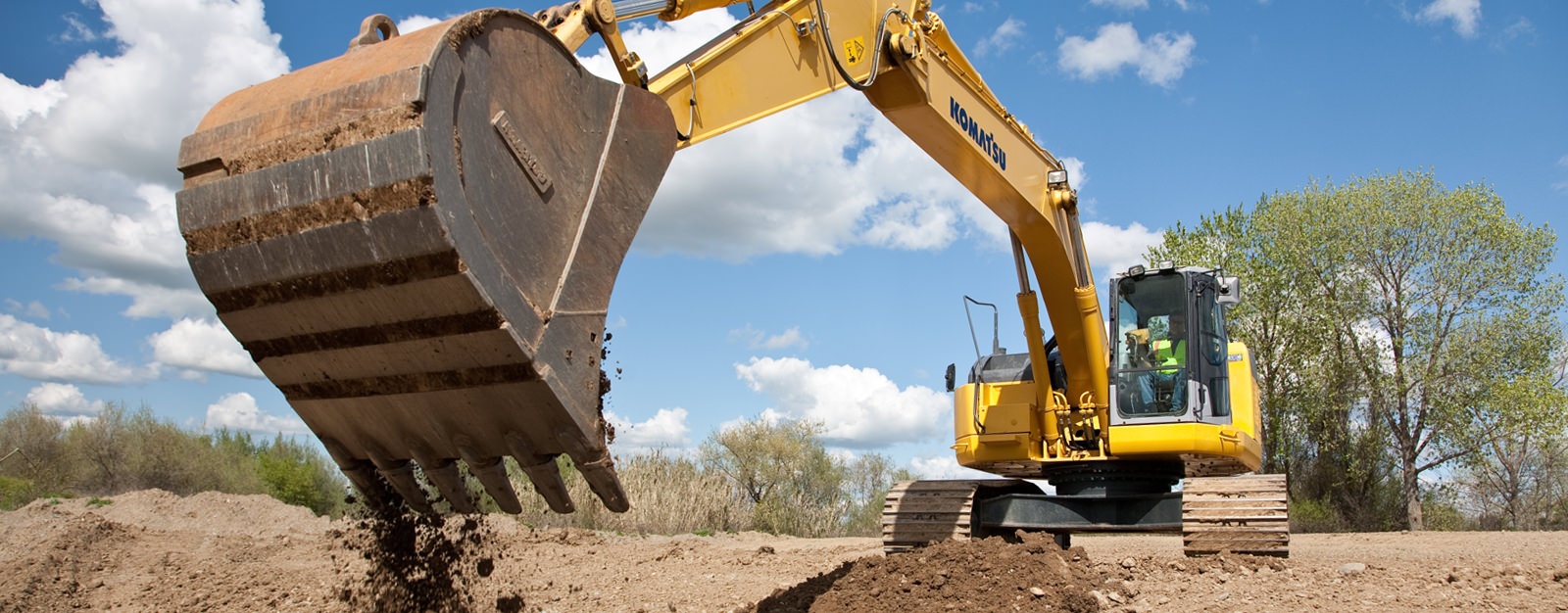Comprehensive Excavation Strategies: Understanding the Basics for Success
The mindful preparation, specific implementation, and meticulous focus to information needed in excavation tasks require a detailed approach that encompasses various fundamental facets. The real mastery exists not simply in recognizing these principles however in flawlessly incorporating them to navigate the complexities of excavation jobs with skill.
Recognizing Excavation Project Planning

The initial phase of any type of excavation job is the preparation stage, where critical choices are made that can substantially impact the result of the job. Comprehending the project spending plan, timeline, and range constraints is important for creating an extensive excavation plan that makes sure the task's success.
One key aspect of excavation task planning is the development of a detailed timeline that details the sequence of tasks, due dates, and milestones. By thoroughly taking into consideration all these elements throughout the planning stage, excavation projects can be implemented effectively and properly, leading to effective outcomes - lancaster excavation.
Dirt Evaluation and Website Assessment
Carrying out extensive dirt analysis and website analysis is an important action in the preparation phase of any type of excavation job. Dirt analysis entails identifying the structure, framework, and buildings of the dirt at the excavation site. This info is important for recognizing the dirt's bearing ability, dampness material, and possibility for disintegration, which are key consider determining the excavation approaches and tools required for the task.
Website assessment exceeds soil evaluation and encompasses a more comprehensive assessment of the overall website problems. This analysis includes identifying any potential threats, such as below ground energies, environmental concerns, or unpredictable surface, that can influence the excavation procedure. By extensively evaluating the site, project supervisors can create reliable excavation strategies that prioritize safety, performance, and environmental management.
Using innovative technologies like ground-penetrating radar, soil sampling, and drone studies can boost the precision and efficiency of soil analysis and website assessment. Investing time and resources in these initial actions can ultimately conserve time and protect against costly hold-ups or issues during the excavation procedure.
Devices Option and Use
Effective excavation projects depend greatly on calculated equipment option and use to guarantee optimum efficiency and productivity. Picking the best tools for the task is vital in maximizing effectiveness and lessening downtime. Elements such as the kind of dirt, depth of excavation, and job scope play a considerable duty in determining one of the most appropriate tools for the task available.

In enhancement to picking the appropriate tools, proper usage is vital to task success. Operators has to be educated to deal with the tools safely and efficiently - septic ohio. Normal maintenance checks and prompt repair work assist stop malfunctions and make sure regular efficiency throughout the project
Precaution and Regulations Conformity
In the world of excavation tasks, prioritizing security measures and conformity with policies is paramount to you can check here making sure a safe and legally audio functional atmosphere. Precaution incorporate a range of practices, consisting of carrying out extensive site evaluations, applying correct signage and obstacles, and offering adequate safety and security training for all employees associated with the excavation procedure. Adherence to guidelines, such as OSHA requirements in the United States, ensures that the excavation job meets the required standards to protect workers, bystanders, and the surrounding environment.

Tracking Development and Adjusting Approaches
Just how can project supervisors effectively track the improvement of excavation tasks and adapt their approaches appropriately to maximize results? Monitoring progress is necessary for ensuring that excavation jobs remain on track and fulfill target dates.

Verdict
To conclude, grasping the fundamentals of thorough excavation approaches is vital for the success of any kind of task. By recognizing task preparation, evaluating soil and website problems, selecting ideal devices, abiding by safety laws, and checking progress, project managers can make certain a smooth and effective excavation process. Implementing these methods will certainly lead to effective end results and decrease potential risks or problems throughout the excavation task.
The preliminary stage of any kind of excavation job is the planning stage, where crucial decisions are made that can significantly influence the result of the project. Comprehending the job scope, timeline, and spending plan constraints is crucial for producing an extensive excavation plan that guarantees the task's success.
How can forecast managers efficiently track the improvement of excavation jobs and adjust their click site methods accordingly to maximize outcomes? By carefully keeping an eye on progression and being willing to adapt methods, project supervisors can boost the general success of excavation jobs.
By recognizing project planning, assessing site dirt and website problems, choosing ideal devices, conforming with safety and security regulations, and monitoring progression, task supervisors can make certain a smooth and effective excavation process.
Comments on “Finest Dump Truck Companies in Ohio - Top-Rated Dump Truck Providers”